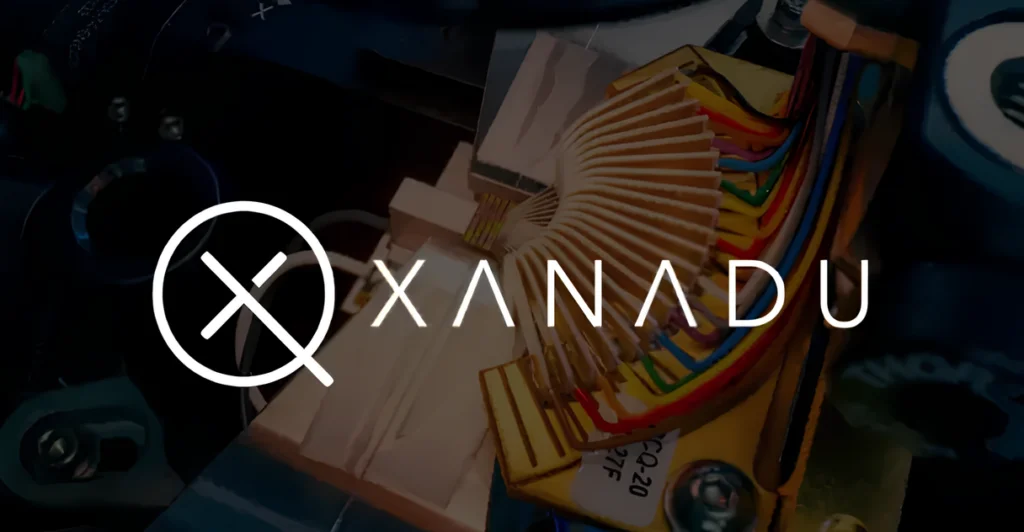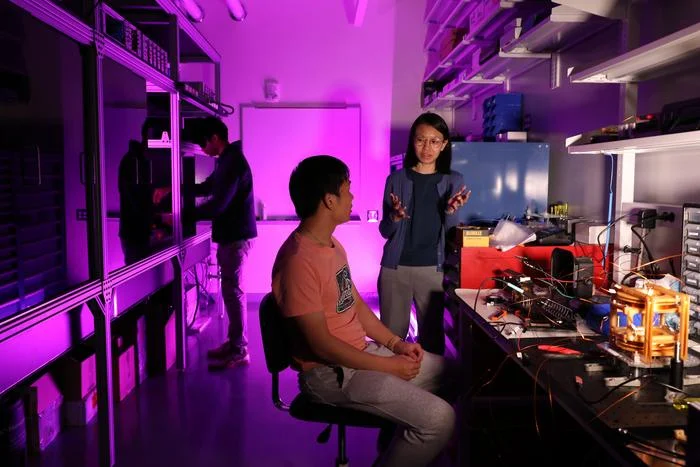Insider Brief
- The Australian government is still facing criticism over its $940 million AUD investment in PsiQuantum, with claims that the selection process lacked transparency and disadvantaged local quantum firms.
- Shadow Minister Paul Fletcher has accused the government of conducting a “reverse-engineered sham” by engaging with PsiQuantum months before launching a formal Expression of Interest process in August 2023.
- The Australian government responded to these criticisms by saying it conducted a rigorous due diligence process involving a comprehensive assessment.
The nearly $1 billion (AUD) that is bringing California-based photonic quantum computing pioneer PsiQuantum to Australia is still roiling the government with accusations that the process was unfair to the country’s homegrown quantum companies.
Recently, Australian media sources are scrutinizing the federal government’s decision making process in funding the US-based company PsiQuantum. The process behind the funding decision, which has drawn commentary from several quarters, has been described as secretive and lacking in transparency,
The decision, which involved $940 million (AUS) investment shared between the Australian and Queensland governments, is part of the broader “Future Made in Australia” strategy. However, the controversy lies not in the amount or the strategic intent but in the opaque process that led to the investment in PsiQuantum over local Australian firms.

Paul Fletcher, Australia’s Shadow Minister for Science, brought details of this process to light through the Freedom of Information system and the Senate Estimates process.
As reported in InnovationAus, Fletcher’s office found that the Australian Industry Department had been leading a whole-of-government appraisal of an unsolicited PsiQuantum proposal from late 2022.
Fletcher said on a recent SkyNews interview, “I am very concerned that proper process wasn’t followed, and that the expression of interest process you’ve just referred to, which kicked off in August 2023 in which a number of Australian companies were invited to participate, was essentially a backward-engineered sham to cover up for the fact that the government, and particularly Minister Ed Husic, had already made the decision.”
In the Australian government, a Shadow Science Minister is a member of the opposition party who is responsible for scrutinising and responding to the government’s policies, decisions and actions related to science and technology. The role is part of the “shadow cabinet,” a group of senior members of the opposition who mirror the positions held by government ministers.
Engagement Dateline
InnovationAus reports that the government began engaging with PsiQuantum as early as late 2022. By December of that year, meetings between PsiQuantum executives and the Minister for Industry and Science, Ed Husic, had already taken place. The following month, Husic even visited PsiQuantum’s headquarters in California, media sources report.
As reported in InnovationAus, other quantum companies in Australia were reportedly given just one month to respond to an email inviting them to participate in an expression of interest (EOI) process that was only initiated in August 2023.
“As part of that expression of interest process, the companies that were invited to participate, there was one email only inviting them to participate, they were told they could not have engagement with government officials. Bear in mind that PsiQuantum had had eight months of talking to government officials up to and including the minister,” Fletcher said on SkyNews. “So it’s a very, very unfair process.”
Fletcher described the process as a “reverse-engineered sham”. He added that the EOIs submitted by local companies were assessed and dismissed within ten days, without further consultations. The apparent lack of a level playing field has led to concerns that local quantum firms might struggle to raise capital, with some potentially looking to relocate to more supportive environments.
A spokesman for Husic told Australian Financial Review that the government “made no apologies for backing Australia’s economic future and ensuring our nation’s national security” through the PsiQuantum investment.
”Our investment was made following a rigorous, lengthy due diligence process involving comprehensive assessment across multiple areas, including legal, technical, financial and national security,” he told the financial paper.
Normal Government Connections
The debate around the initiative seems more concerned with the process of selecting the winning project, rather than PsiQuantum’s involvement or its technology. However, the dateline and details the Australian media are reporting are somewhat conflicting.
According to Australian Financial Review, the government spent the seven months understanding PsiQuantum’s proposal once it was submitted and preparing advice for the government before creating a technology investment task force in June 2023.
In June, the AFR reports non-binding discussions began with PsiQuantum, which had signed a non-disclosure agreement in March 2023. The government added that when it decided to run the EOI process, no decision had been made to invest in any company.
In reaching out for comment, a PsiQuantum spokesperson told The Quantum Insider that the company had actually opened up a dialogue with the Australian government much earlier — in June 2021 — through normal channels when the company approached the Australian government through Austrade, the Australian government’s international trade, education and investment promotion agency. One of Austrade’s missions is to attract international businesses, such as PsiQuantum, and promote investments in Australia.
This would not be unusual. Most quantum companies are proactively working with and lobbying governments around the world because quantum is an expensive venture and government funding fills in the wide gap between other means of investment, such as venture capital and other forms of private capital. PsiQuantum is also building a quantum computer in Chicago in an initiative that included $500 million US in incentives.
PsiQuantum also maintains that because of its technological approach to quantum computing and the advanced nature of its technology, the company’s proposal was likely unique among the ones vetted by the government, or, in fact, proposals that could be vetted by the government.
While some in the quantum community have voiced concern about the deal, there has also been support for PsiQuantum from some members — as long as the funding effort is part of a broader strategy to support quantum in Australia.
Michael Biercuk, CEO & Founder of Q-CTRL, emphasized the importance of advocating for a diversified investment approach in government engagements in an earlier LinkedIn post. He highlighted the need to support a variety of performers and technologies across industry projects, commercial ventures and university research. His proposal includes a $5 billion investment over five years to effectively support the nation’s efforts.
Further Reverberations?
The critics are concerned that the questions about the deal will reverberate across the nation’s deep tech industry. The Australian government’s $22.7 billion Future Made in Australia agenda, which aims to turn decades of economic policy on its head through strategic intervention, risks losing public trust, they allege.
James Riley, Editorial Director at InnovationAus, warned of the potential fallout: “The secretive process that was used in the PsiQuantum investment will also damage public trust in the way the government distributes the tens of billions of dollars’ worth of industrial support programs that are now in progress.”
This erosion of public confidence could then undermine the goals of the Future Made in Australia strategy, critics warn.
Riley added, “If public confidence is undermined, these strategic interventions are doomed before they make an impact. If the public faith in the process by which these tens of billions of dollars of interventionist spending is disbursed, then these programs won’t last, and an opportunity will have been lost.”















